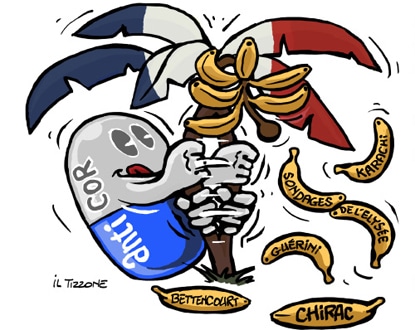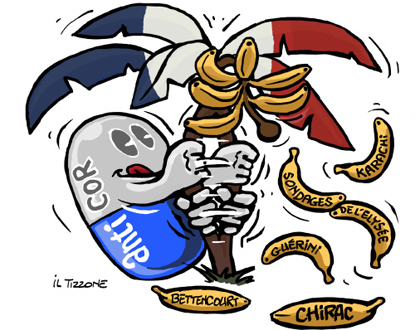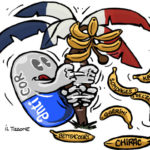Democracy is founded on trust. Citizens who delegate their sovereignty through the vote must be assured of the integrity of their elected officials in return.
 A recent IPSOS survey in 2011 shows that the gap between the French and political leaders has never been so wide, revealing a genuine distrust.
A recent IPSOS survey in 2011 shows that the gap between the French and political leaders has never been so wide, revealing a genuine distrust.
For less than 2 years, we have been witnessing the creation of numerous spontaneous movements, such as “The Indignants,” “Occupy Wall Street,” or “the 99%,” which express the moral fatigue and disgust of the population towards the practices of our leaders and their all-too-frequent collusion with financial elites.
The numerous “affairs,” conflicts of interest, corruption, but also everyday behaviors like empty promises and double talk, pose questions about the honesty and moral conscience of our elected officials.
The image of all public action and the debate of ideas, which are nonetheless necessary to democracy, are thus devalued, and as a result, citizens turn away from public action.
Moreover, the difficulty of identifying and building ideals is a real challenge for the rising generation of young people who often find themselves in precarious situations and with a noticeable lack of benchmarks.
Let us challenge the elected officials, the candidates: what measures are they capable of taking to reconcile citizens with public affairs?
By Gérard VIGNAUX, President of the Institute of Contemporary Ethics



